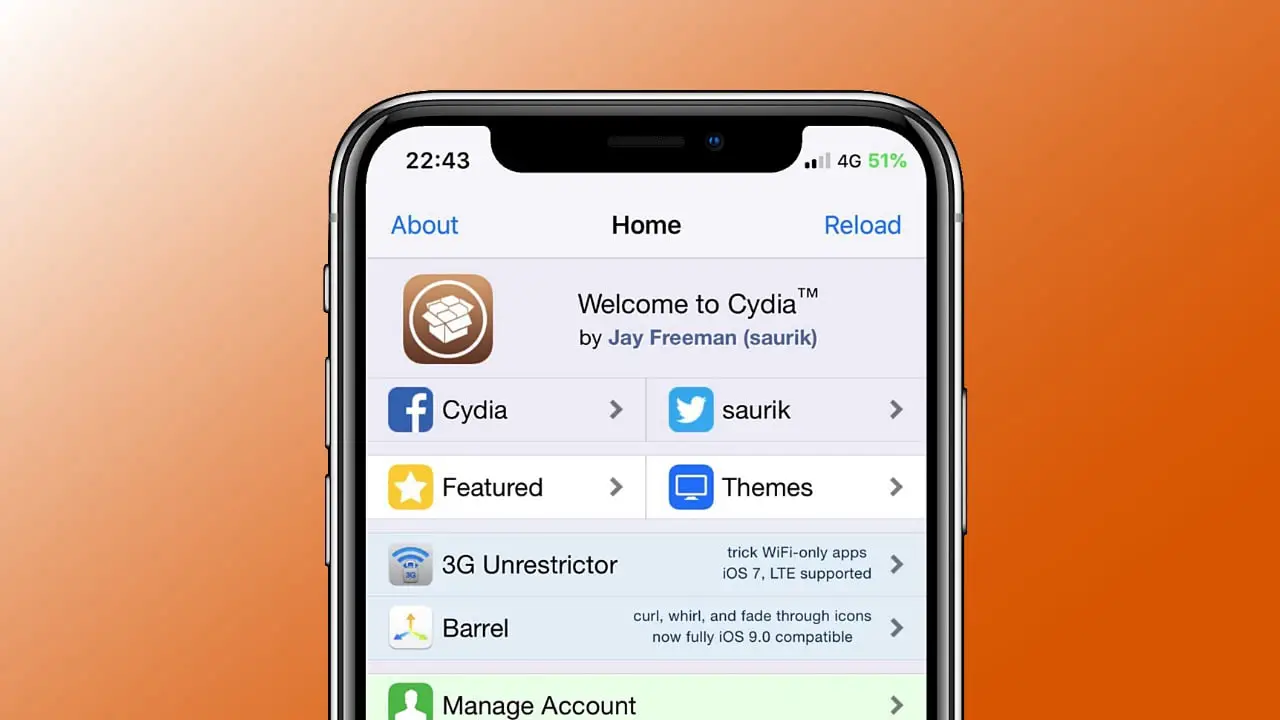The last few months have been interesting for the creators of the iPhone, Cydia sues Apple for anti-competitive practices. The company has been facing lawsuits for alleged monopoly in the distribution of apps on iOS as well as investigations by regulators. It doesn’t stop there, a new lawsuit has been filed for these anti-competitive practices. This time it comes Cydia, the app distribution and repository store for iPhones with jailbreak.
- Apple wants to remove the lightning cable, after the EarPods and the charger
- More problems for iPhone 12: Battery drains very fast in standby mode
- How to add a favorite contacts widget to iPhone home screen?
Cydia filed a lawsuit against Apple
The lawsuit was filed today by Cydia and its creator Jay Freeman, known by his nickname Saurik. The reason? It alleges anti-competitive practices that Apple has followed over the last few years in allowing the distribution of applications on iOS.
The lawsuit claims that if it weren’t for Apple’s “illegal monopoly” on the distribution of iOS applications, users would have other options outside the App Store to easily install iOS applications. It should be noted that Cydia positioned itself as an app distribution store even before Apple introduced the App Store.

The lawsuit has been filed in Northern California federal court. While it is Jay Freeman who is behind Cydia, the lawsuit is being represented by the law firm of Quinn Emanuel Urquhart & Sullivan. If you don’t know them, they are the same people who represented Samsung in its battle with Apple years ago.
The idea of total control of app distribution is similar to the idea raised by Epic Games in its demand after all the controversy with Fortnite. Others like Microsoft have chosen sides. The creators of Basecamp and HEY also has been attacked this year.
Meanwhile, Apple is facing a series of investigations by regulators in both the U.S. and Europe. Coincidentally or not, Apple has begun to relax some of its rules in recent weeks, for example, they reduced the commission from 30% to 15% for small developers.





